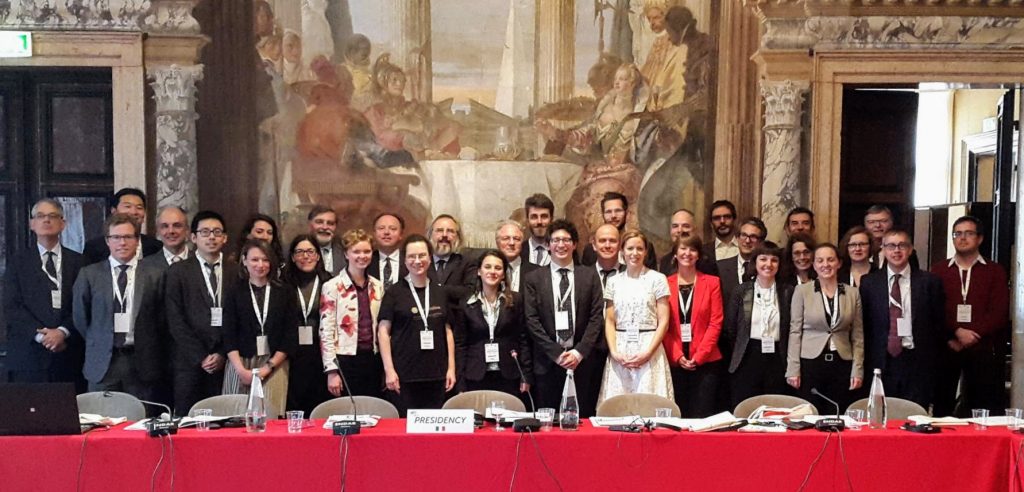Press Release – Large seed investment to blockchain startup hiveonline
Fintech startup hiveonline receives a €800,000 seed investment from Swedish entrepreneur Torbjörn Nilsson and his business partner Håkan Birging. The seed money investment comes at a crucial moment in Hiveonlines progress towards launch in 2018. Danish Hiveonline is developing a financial administration solution for small businesses, their customers and investors.… Read More »Press Release – Large seed investment to blockchain startup hiveonline
